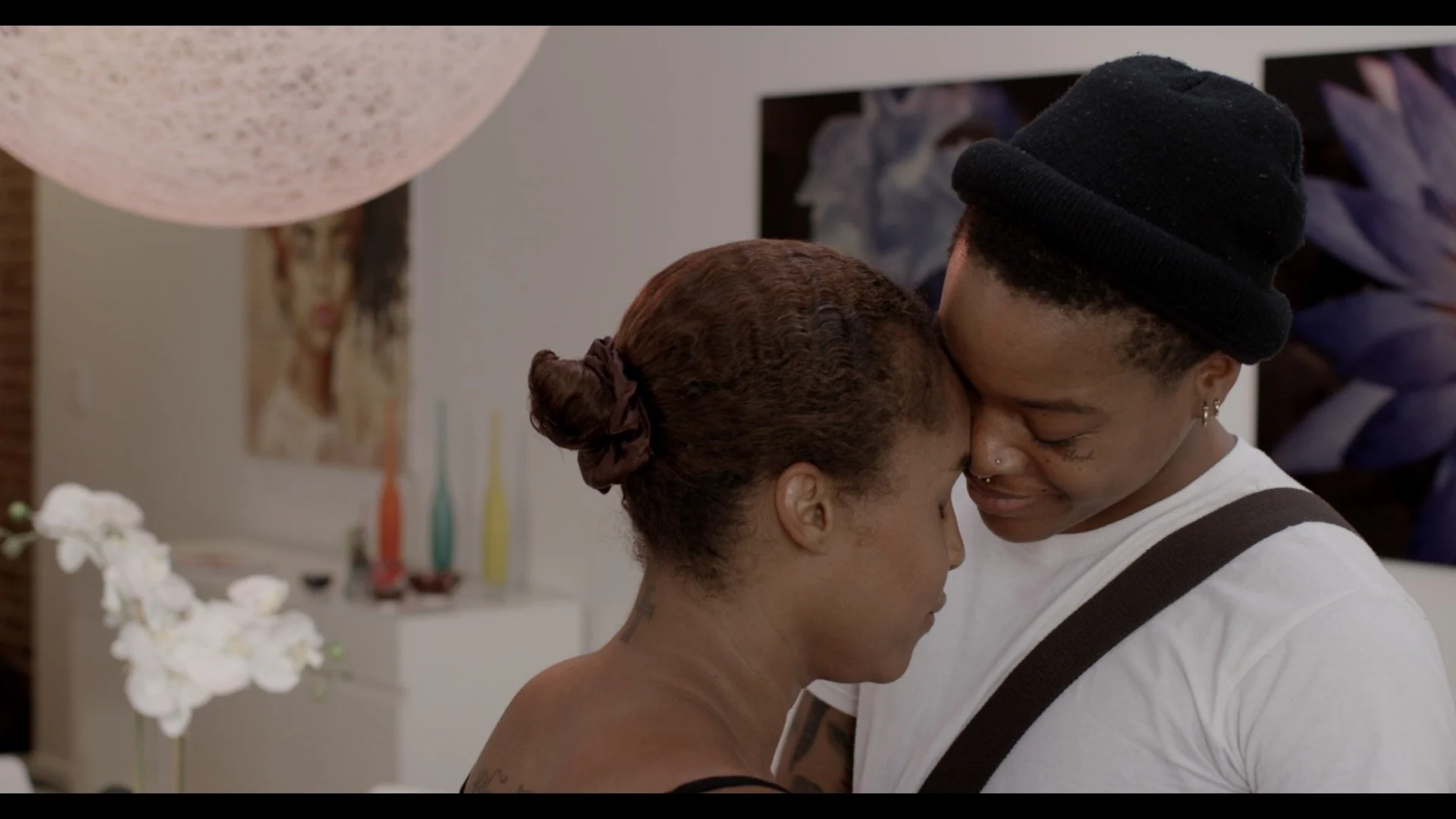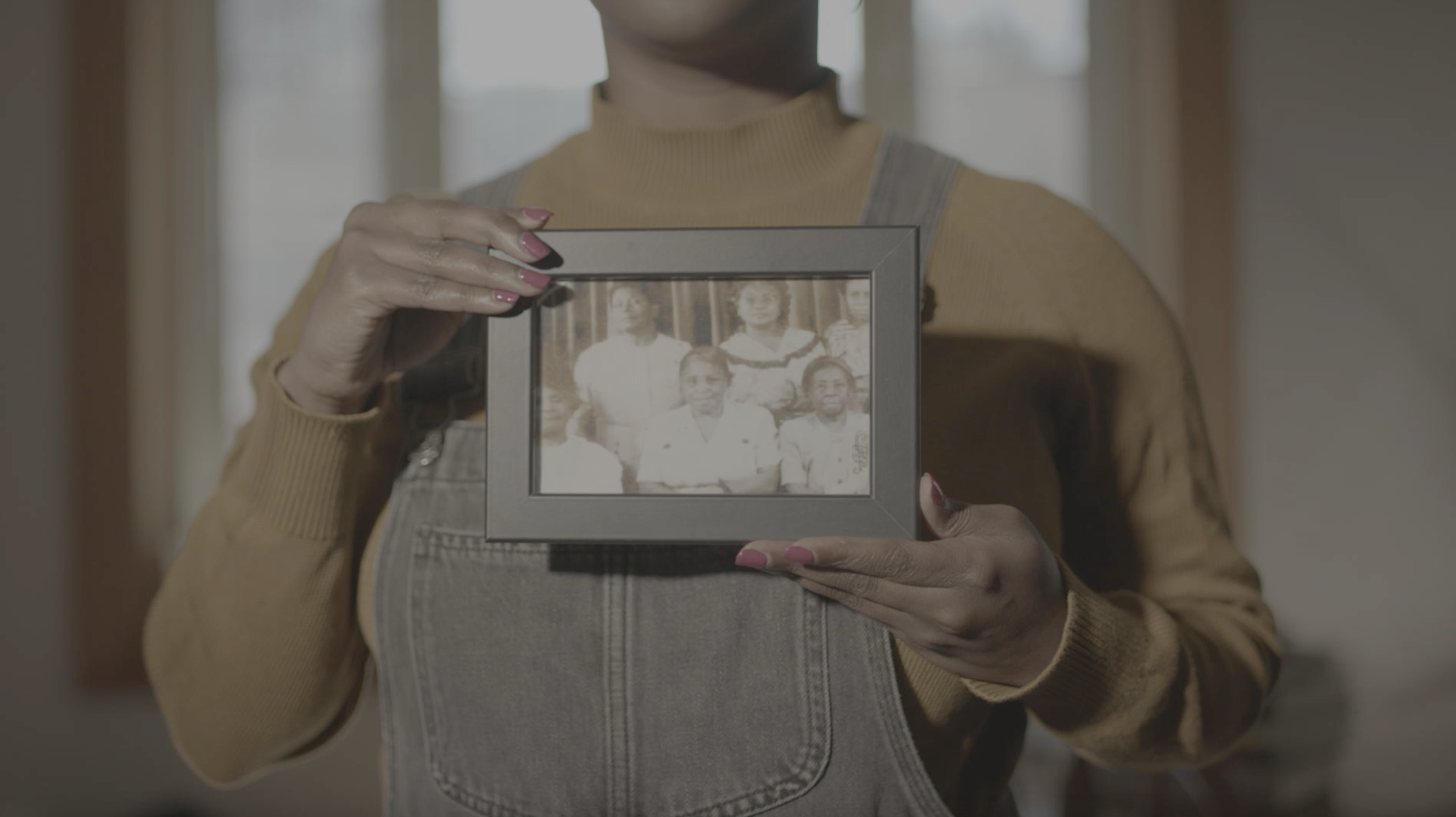
Meet Me, Jay Najeeah, 2024.
About
Resisting Narratives of Erasure is an innovative fellowship for early career filmmakers residing in the Southeastern US, supporting the development of short films that challange dominant narratives and illuminate stories of resistance. Resisting Narratives of Erasure fellows receive funds, professional development, mentorship, and specialized consulting to create short films on topics that offer insight into our cultural landscape. Films are featured in community, regional, and national screening events produced by Visionary Justice StoryLab.
Themes such as queering abolition, reimagining public safety as community care, and the beauty and transformational force of interdependence have informed previous instructional content as well as film projects created by fellows.
Details
Resisting Narratives of Erasure fellows receive $3500 to support filmmaking and engage in a professional learning intensive from notable artists, curated by Visionary Justice StoryLab. New and experimental approaches to filmmaking are shared alongside strategies for story development. Visionary Justice StoryLab’s facilitation and approach centers an intersectional framework of racial, gender, and disability justice. Mentorship and project consultation with industry professionals are also provided to participating fellows.
Sister Salad Days, Adesola Thomas, 2024.
The Resisting Narratives of Erasure Application is now open!
Application Deadline November 25, 2025

previous Fellows







